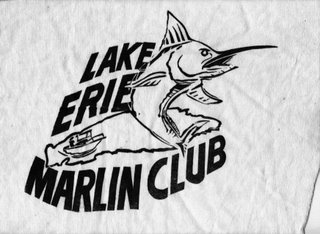You find a dog on the side of the road. It looks dead. It’s scrawny and boney- its fur is matted with what could be week or hour old blood. You call out to it. There’s no response. You pick up the dog and tuck it inside your jacket and walk home with it. The only thing keeping you from digging a hole is the shallow inflation of ribs as each breath intake comes at too long intervals. You get home and place the dog on the floor in your room. You leave it alone.
The next day you come back. The dog is still alive. You offer it water. It makes no response. You leave.
The next day you come back. The dog is still alive. The water is gone. You offer it food. It makes no response. You leave.
The next day you come back. The dog is still alive. The food is gone. You touch the dog. It growls. You leave.
The next day you come back. The dog is still alive. You pick it up. It bites you. You bring it outside and wash all the blood from the dog’s fur. It bites you repeatedly and growls. This dog has been beaten. Badly. As the blood washes from the dog you can see long dark scars snaking across its entire body. Some are deep and ragged. Some are only faded white memories. You know there are numerous others you can’t see. The dog continues to growl and begins to whine. It is pleading with you now. It knows what you can do to it. It knows what you will do to it. And it will fight back. You continue to wash the dog until the water runs clear. You bring it back inside. It bites you before you can pat it. You leave.
The next day you come back. You have brought more food and water. The dog growls at you and tries to bite you. You don’t touch it. Instead you speak quietly to the shuddering animal. You tell it of your life and thoughts, weaving a truth of fragmented ideas and memories. The dog stops growling. It doesn’t touch the food or water. You leave.
When you return the next day, the food and water are gone. You sit down and resume your story telling. The dog listens quietly. Time passes slowly and the dog falls asleep. You leave.
When you return the next day the dog is awake and anticipating your return. It looks at you. You tell the dog everything you know to. There is no way to know if the dog can differentiate between what you are telling it and what knowledge was bludgeoned into its fragile frame previously. But you try anyway.
Weeks pass. Maybe years. There’s no way to know. The dog lets you touch it. Every time you reach to caress its fur you can see the pain in its eyes. The dog is fighting a losing battle between what it knows you will do to it and what you are doing to it. It hates itself for looking forward to seeing you. It knows you are wrong. But you still pet it. All the while speaking softly.
The next time you see the dog it rises before you enter the room. It comes over to you and sits patiently in front of you. It knows you have brought sustenance, contact, and your soothing words. You let it eat. You pet its head. You remind it again why you have kept it alive. You pick the dog up. It growls, then licks your face. You bring the dog outside and set it down. It stares expectantly at you. You say nothing to it. It continues to stare at you with an unreadable expression. You say nothing. The dog is becoming uneasy and shifts in place. You say nothing. Residing to patience the dog lies down and waits for you. You walk around the dog until you are behind it. It doesn’t bother to look at you. You take out your gun and shoot the dog in the head. How much it bleeds you’ll never know because you don’t look back. You leave.

